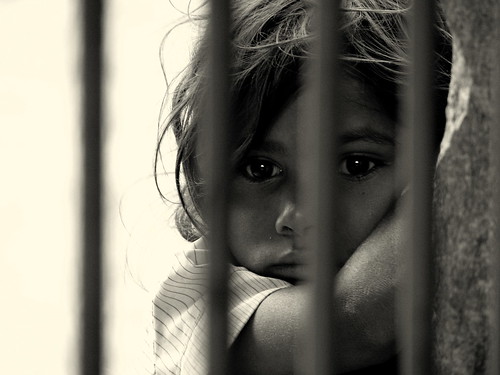This was originally posted on Open Equal Free
Young girls around the world are faced with a very difficult sense of reality. Often when one or both parents are unable to care for the home or family, a daughter will have to step in and take care of the household chores. This would leave little time for other things, such as going to school.
Recent statistics noted that Rwanda had a very high number of girls who worked to help the family. “Most children were engaged in household chores such as cooking, washing clothes and fetching water. Girls reported doing most chores [84.9%] compared to 74.9% of boys.” Further indications note that the work interferes with their education, stating that “overall, 13.5% of children working in agriculture and attending school reported that their work interferes with their studies, at times forcing them to drop out of school.”
Finding sustainable solutions to this issue is problematic since somebody has to cook food and wash clothes for the household. Educational alternatives such as flexible school hours or free primary education can certainly help young girls attend class while still working for the family.
Child labor is often a controversial issue, but working with social issues instead of against them might help to make a world of difference for young women everywhere.
Creative Commons Love: Restless mind on Flickr.com

